Health organizations often warn us about the dangers of salt, which we all so often consume. This is due to the claim, that high salt intake causes a number of health problems, including high blood pressure and heart disease.
However, dozens of studies have not provided conclusive evidence to support this thesis. What's more, many studies actually show not eating enough salt can be harmful.
This article takes a detailed look at salt - benefits and harms and its health effects.
What is salt?
Salt is also called sodium chloride (NaCl). It consists of 40% sodium and 60% chloride. Salt is the largest dietary source of sodium and the words "salt" and "sodium" are often used interchangeably. Some types of salt may contain traces of calcium, potassium, iron and zinc. Iodine is often added to salt.
The main minerals in salt act as important electrolytes in the body. They help with fluid balance, nerve transmission and muscle function.
Salt has always been used for preserving and canning food. Larger amounts of salt can inhibit the growth of bacteria that spoil food.
Salt is collected in two main ways: from salt mines and by evaporating seawater or other mineral-rich water.
There are actually many types of salt. Common varieties include common salt, Himalayan pink salt and sea salt. Different types of salt can vary in taste, texture and color. In case you're wondering which type is the healthiest, the truth is they're all pretty similar.
How does salt affect heart health?
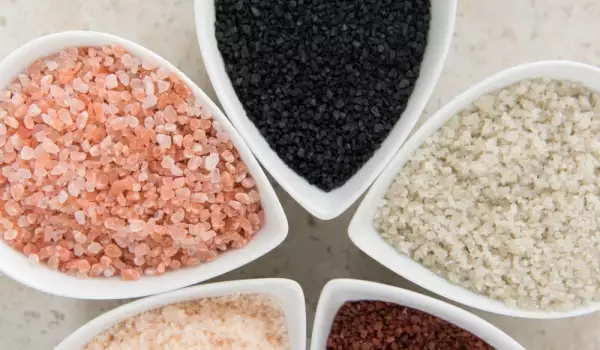
It is recommended to reduce sodium in the menu. It is also important not to consume more than 2, 300 mg of sodium per day, preferably even less. That's about 1 teaspoon or 6 grams of salt, of which 40% is sodium.
A lot of people consume far more than the recommended daily intake. Eating too much salt raises blood pressure, thereby increasing the risk of heart disease and stroke. However, there are some serious doubts about the true benefits of sodium restriction.
It is true that reducing salt intake can lower blood pressure, especially for people with a condition called salt-sensitive hypertension.
A 2013 study found that for people with normal blood pressure, limiting salt intake reduced systolic blood pressure by only 2.42 mmHg and diastolic blood pressure by only 1.00 mmHg (9). That's like going from 130/75 mmHg to 128/74 mmHg. These aren't exactly the impressive results you're hoping to get from the delicious diet.
What's more, some studies have found no evidence that limiting salt intake will reduce the risk of heart attack, stroke, or death.
Low salt intake can be harmful
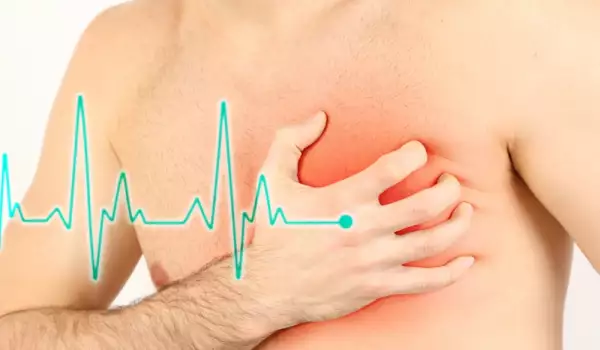
There is some evidence to suggest that a low-salt diet may be downright harmful.
The negative health effects of reduced salt consumption include:
• Increased LDL cholesterol and triglycerides: salt restriction is associated with increased LDL (bad) cholesterol and triglycerides;
• Heart disease: several studies suggest that less than 3, 000 mg of sodium per day is associated with an increased risk of death from heart disease;
• Heart failure: analysis found that limiting salt intake increased the risk of death for people with heart failure. The effect is staggering, with a 160% higher risk of death in people who reduce their salt intake;
• Insulin resistance: some studies have reported that a low-salt diet can increase insulin resistance.
• Type 2 diabetes: A study found that in patients with type 2 diabetes, less sodium was associated with an increased risk of death.
High salt intake is linked to stomach cancer
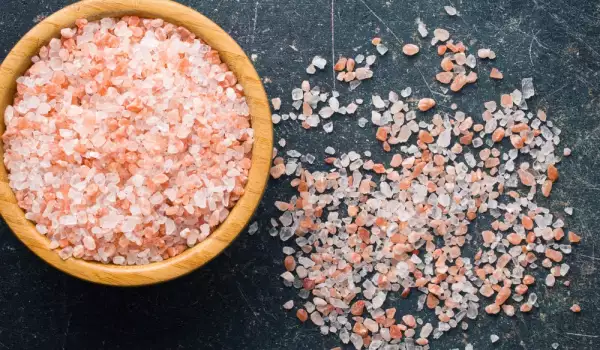
Stomach cancer is the fifth most common cancer in the world. It is the third leading cause of cancer death worldwide and accounts for more than 700, 000 deaths each year. Several observational studies have linked high salt diets to an increased risk of stomach cancer. A massive 2012 paper on salt looked at data from 7 prospective studies involving a total of 268, 718 participants. People with a high salt intake were found to have a 68% higher risk of stomach cancer compared to those with a low intake.
Exactly how or why this happens is not well understood, but several theories exist:
• Bacterial growth: High salt intake can increase the growth of Helicobacter pylori, a bacterium that can lead to inflammation and stomach ulcers. This may increase the risk of stomach cancer;
• Affecting the stomach lining: A high-salt diet can damage and inflame the stomach lining, thereby exposing it to carcinogens.
Note, however, that these are observations. They can't prove that high salt intake causes stomach cancer, but only that both
are strongly related.
Which foods are high in salt / sodium?
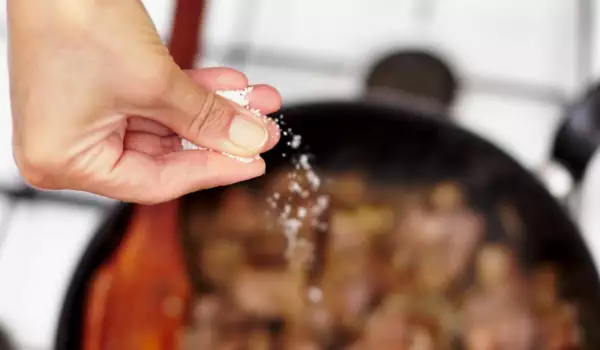
Most salt in the modern diet comes from restaurant foods or packaged and processed foods. In fact, it is estimated that about 75% of salt in the diet comes from processed food. Only 25% of intake occurs naturally in foods or is added during cooking.
Salted snack foods, canned and instant soups, processed meats, gravy, and soy sauce are examples of high sodium foods.
There are also some seemingly salt-free foods that actually contain surprisingly high amounts of salt, including bread, cottage cheese and some breakfast cereals.
If you're trying to reduce your intake, food labels almost always list the salt content.
Should you eat less salt?
If your doctor wants you to limit your salt intake, then it's definitely a good idea to do it, follow it and stick to it. However, if you're a healthy person who eats mostly moderate amounts of salt - moderately salty foods, then you probably don't need to worry. In this case, you can feel free to add salt during cooking or at the table to improve the taste of food.
As is often the case in nutrition, the optimal intake is somewhere between the two extremes. So sometimes you can indulge in savory pancakes or savory rolls.
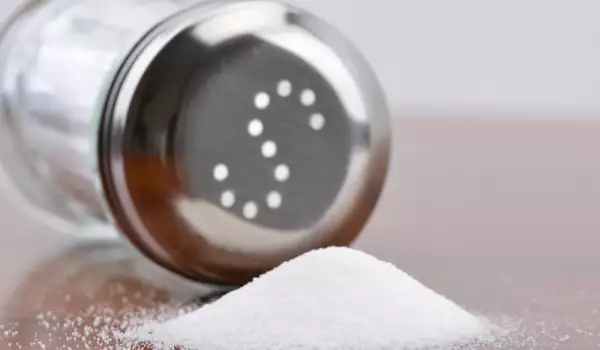
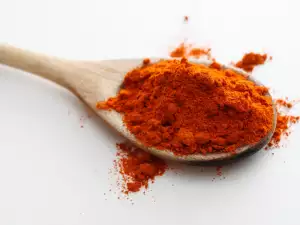


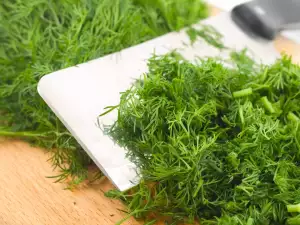
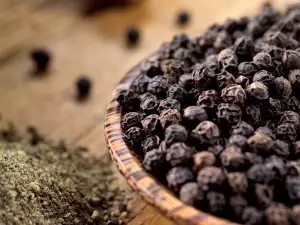

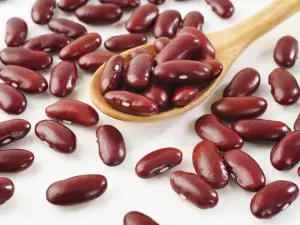
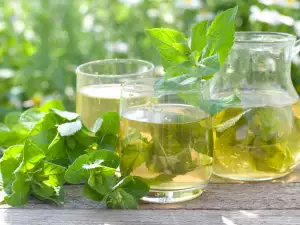






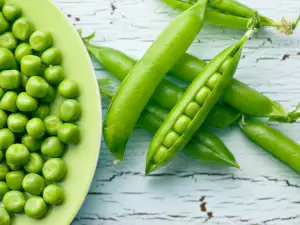




Comments